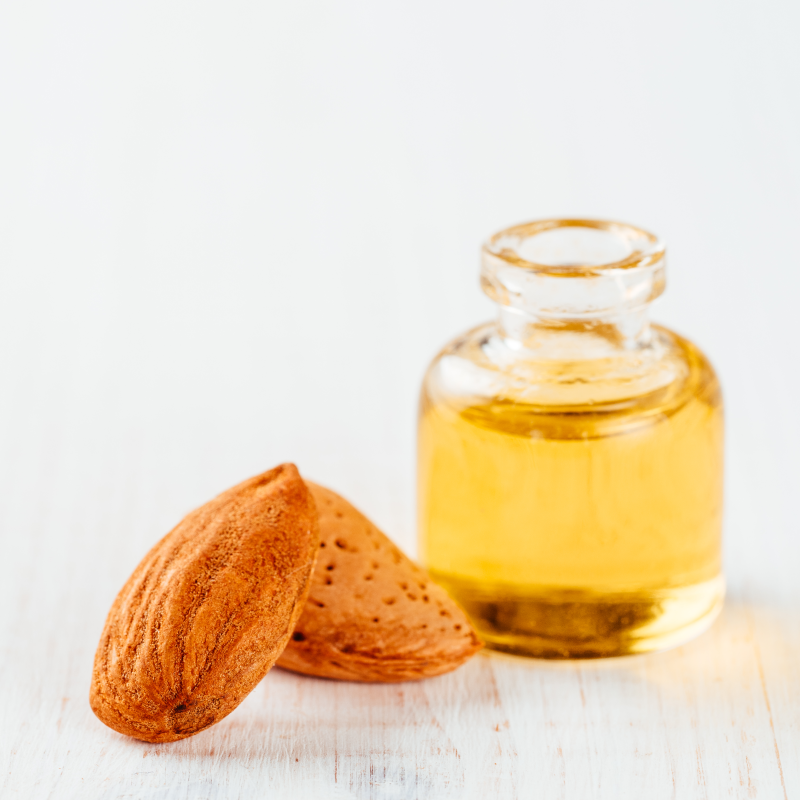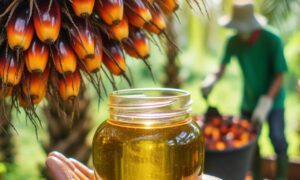Palm rebounds more than 2% as crude, rival edible oils strengthen

Malaysian palm oil futures ended at a more than one-week high on Wednesday, rebounding from the previous session’s losses, as crude and rival edible oils gained.
The benchmark palm oil contract for the September delivery on the Bursa Malaysia Derivatives Exchange closed up 81 ringgit, or 2.20%, to 3,756 ringgit ($804.45) per metric ton, its highest since June 19.
Earlier in the day, the benchmark contract rose as high as 3.45% to 3,802 ringgit.
“Palm futures started off the day strong, locking in triple-digit gains across the board in early trade, helped by strength in related vegetable oils, while the widening palm olein discount to bean oil offered optimism for some recovery in exports in July,” said Sathia Varqa, co-founder of Singapore-based Palm Oil Analytics.
Dalian’s most-active soyoil contract strengthened 0.8%, while its palm oil contract DCPcv1 was up 2.3%. Soyoil prices on the Chicago Board of Trade climbed 0.4%.
Palm oil is affected by price movements in related oils as they compete for a share in the global vegetable oils market.
Oil rallied on Wednesday after an industry report of a larger-than-expected drop in U.S. crude inventories suggested robust demand and helped offset worries over further interest rate hikes.
Higher oil prices make palm oil a more attractive option as biodiesel feedstock.
Indonesia has set its crude palm oil (CPO) reference price at $747.23 per metric ton for the period of July 1-15, up from $723.45 currently, a trade ministry decree on Wednesday showed.
Exports of Malaysian palm oil products for June 1-25 fell 4.5% from a month earlier, independent inspection company AmSpec Agri Malaysia said. Cargo surveyor Intertek Testing Services said exports declined 8.7% during the same period.
Malaysia’s financial markets will be closed on Thursday for a national holiday. Trading will resume on Friday, June 30.
Source: Reuters (Reporting by Carman Chew; Editing by Shilpi Majumdar)

















